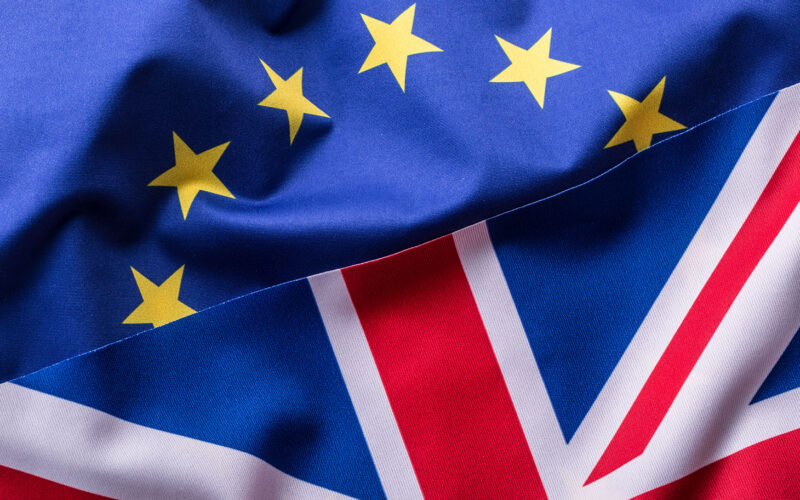- As expected, Eurosceptic parties had a big weekend
- A snap election and high-profile resignation have followed
- More is almost certainly to come
This past weekend we learned just what a huge European trend-setter the UK has become.
Popular Euroscepticism, building for years, finally drove the UK government to hold a Brexit referendum in 2017. The result, a surprise to many on both sides of the Channel, led to a messy and prolonged UK-EU divorce.
More recently, facing almost certain electoral defeat, Prime Minister Sunak chose to roll the dice sooner rather than later in a desperate attempt to remain in power for another five years.
Well, following the disastrous results in the EU elections – disastrous for the EU leadership anyway – President Macron of France has also called a snap election and Prime Minister De Croo of Belgium has resigned, stating that his pro-EU position has become untenable.
No doubt there will be additional political fallout elsewhere. These are simply the most immediate reactions.
Meanwhile, the European economy continues to limp along, barely growing at all. It is heavily taxed, heavily indebted, with high unemployment and now squeezed between an assertive Russia on one side and the US on the other, demanding Europe start paying properly for its own defence.
This is not to imply that things across the pond are so much better. Indeed, the US might be slipping into recession.
There is, however, one clear bright spot at present: Argentina. Although President Milei’s “honeymoon period” might now be over, he is making good progress on implementing his initial reform policies.
In a near mirror-image of the state of the EU, Argentine taxes are on the way down, the government is now in surplus and unemployment (in the private sector at least) is declining.
Could it be that Argentina is setting an example for both the UK and the EU to follow if they should ever decide to reform and de-bureaucratise their moribund economies?
Daniel Lacalle, a prominent Spanish economist based in Madrid, recently joined me to discuss all of the above.
Daniel is a member of The Fleet Street Letter’s recently launched Global Intelligence Network. He knows President Milei personally as well as other prominent policy officials in Spain and elsewhere.
As Daniel sees it, there are huge economic challenges ahead but also opportunities. For one, he is optimistic that the UK and Argentina will eventually do a deal to develop the large oilfields surrounding the Falkland Islands. If so, both countries stand to benefit.
Click below to watch the video. And if you’d like to get privileged access to the insights provided by Daniel and the other members of our Global Intelligence Network, you can find out more about The Fleet Street Letter here.
Until next time,

John Butler
Investment Director, Fortune & Freedom



